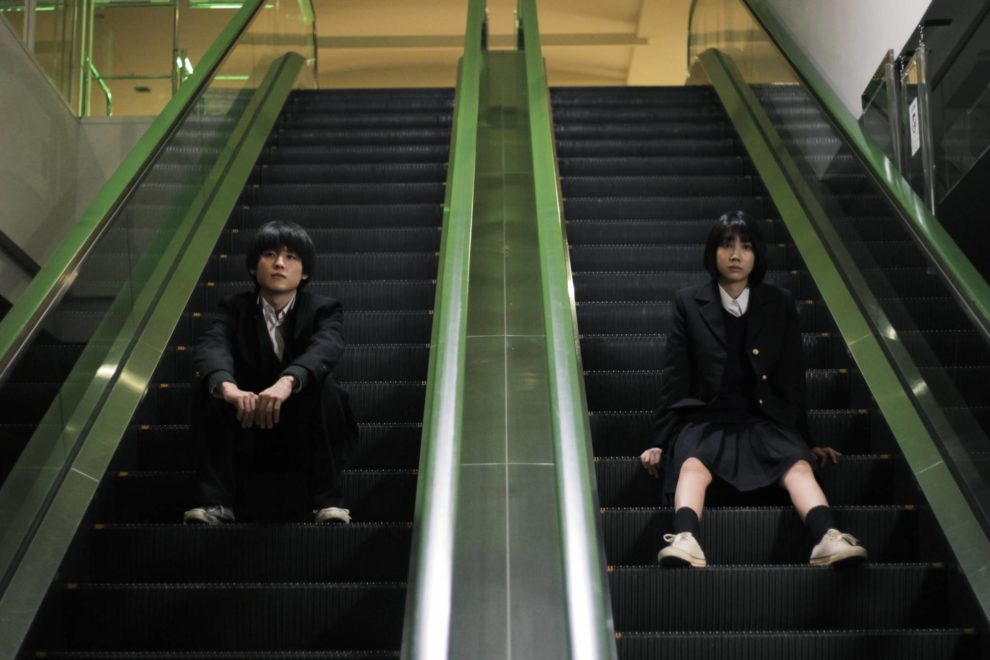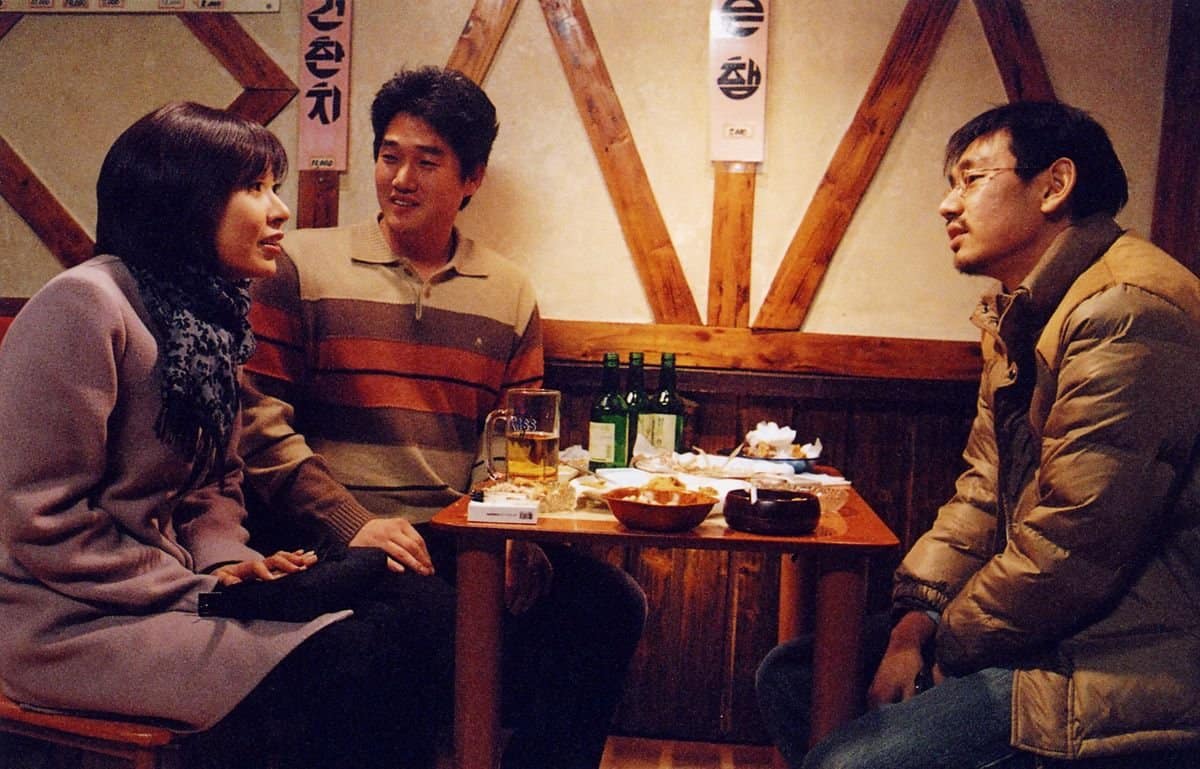Apart from a director, Momoko Fukuda is also a very successful novelist, having won the Subaru Literally Prize. In “My Name is Yours”, she combines these two capacities, adapting two of her novellas in a film that tells the story of five, rather complicated highschool students.
My Name is Yours is screening at Camera Japan

Yukari, who almost everyone calls En, is a smart and humorous young girl, who is also at the top of her class. However, her favorite time is the one she spends with childhood friend Kotoko, an eccentric girl whose tendencies of fighting with (and being chased by) teachers, having a series of boyfriends, and not studying at all, lean towards delinquency. The two of them spend a lot of time in an abandoned school basement smoking, where one day, they stumble upon Narihira, a classmate who is crying, with Kotoko immediately falling madly in love with him. He, however, seems to show more interest for Yukari, who takes him under her wing, even introducing her to her rather amusing parents. Another classmate, Jun, is suffering at home, due to her mother abandoning both her and her father, who tries desperately to pretend as if nothing has happened, essentially alienating his daughter. Jun finds solace in recent transfer student Io, who seems to retain an illicit relationship with his stepmother, after the two bond in a mall through their common taste for “The Blue Hearts” (the band behind “Linda Linda”). Okada, a jock type, becomes friendly with En, after she agrees to help him with his struggles in literature, eventually showing much more intuition than his attitude suggested. When an unidentified student is arrested for murdering his father, the angst begins to pile even more.
The main comment here seems to be a direct accusation towards parents, since Kotoko's father is nowhere to be found, Narihira's suffers from a mental illness, Jun's cannot deal with his grief and Io's has remarried with a woman that sleeps with his son. At the same time, however, Fukuda seems to state that teenagers will always have problems, either regarding romance or friendship, or classes, or their future, despite both their problems (as the aforementioned family ones) and their traits. In that regard, En whose family is rather well adjusted, if a bit too childish at times, Kotoko who is popular with boys, Io and Narihira who are popular with girls also have their issues, thus highlighting this comment rather eloquently. Also of note is that Fukuda stresses that teenagers do have a sexual life, despite the fact that cinema frequently omits the fact as a sort of taboo, in a rather realistic approach which, in conjunction with the aforementioned, results in a narrative that can be perceived as a tribute to adolescence, even if occasionally, the story goes a bit too far.
The acting is also on a very good level, with the female performances in particular being quite fitting, also due to the fact that they differ significantly. In that regard, Honoka Matsumoto is smart and funny, Seina Nakata as Kotoko eccentric and teasing, and Yuki Katayama as Jun frustrated and vulnerable. From the male actors, the one who stands out is Pei Omuro as Narihira, whose sadness is rather well portrayed.
On cinematic terms however, and despite Masaki Watanabe's lensing being interesting on occasion, particularly in the group scenes in the mall, the film does show its low budget. Particularly in the sound design, where a number of exterior shots feature voices that are barely heard, the issues are rather palpable, as much as in the case of the lighting. On the other hand, the rock'n'roll soundtrack works quite well, fitting the overall fast pace quite nicely.
“My Name is Yours” has its issues, but in the end, emerges as a rather entertaining, truthful and rather nostalgic tribute to adolescence that will definitely satisfy fans of coming-of-age film.
















